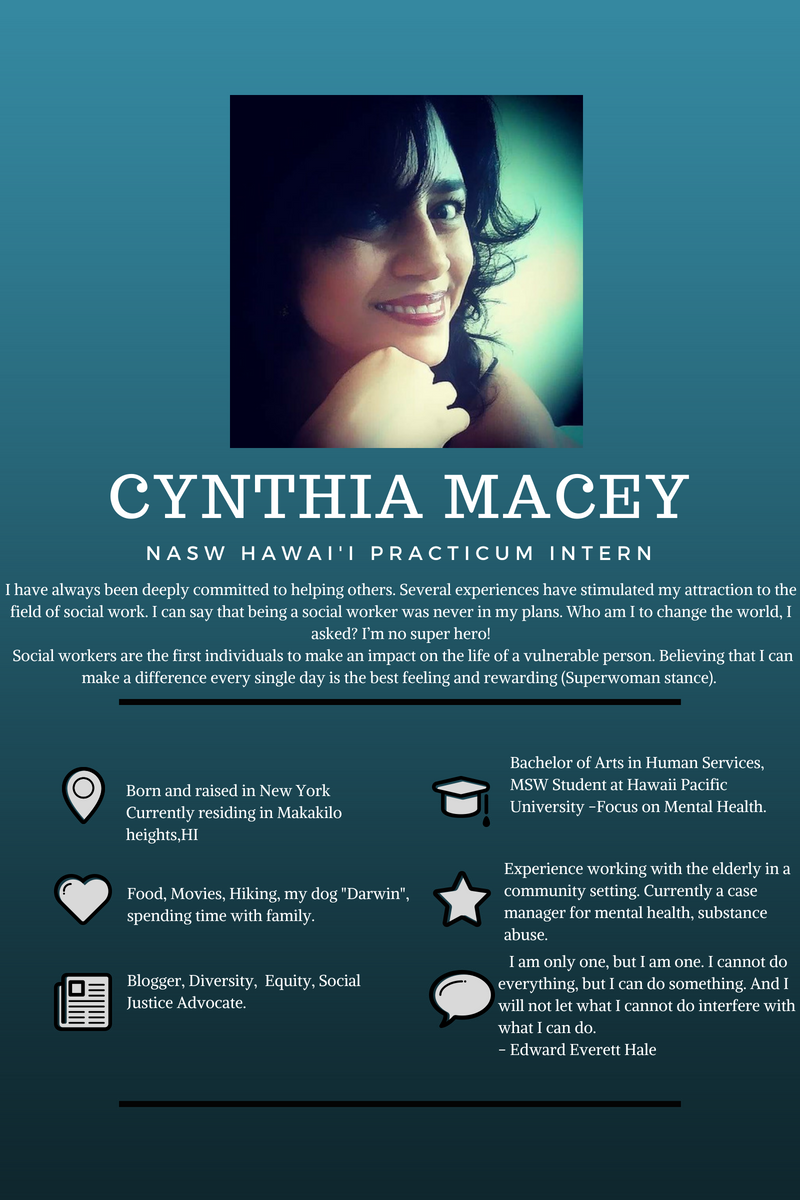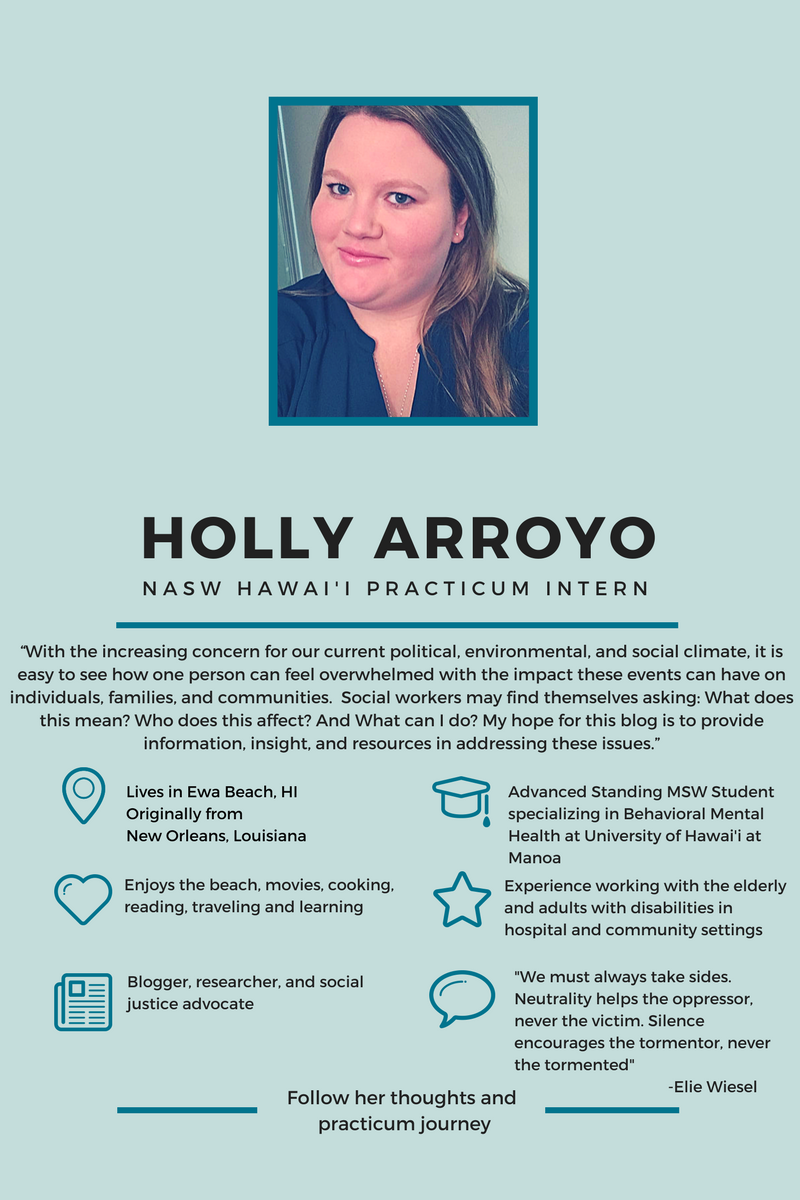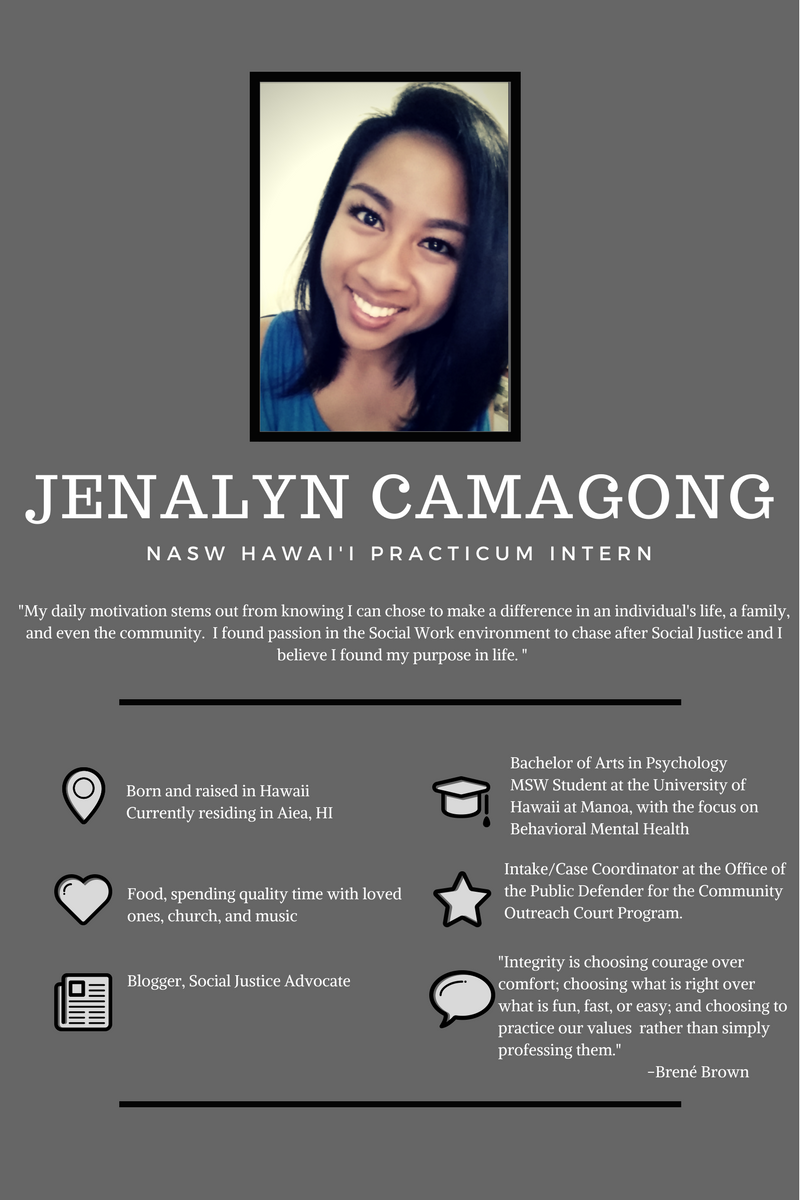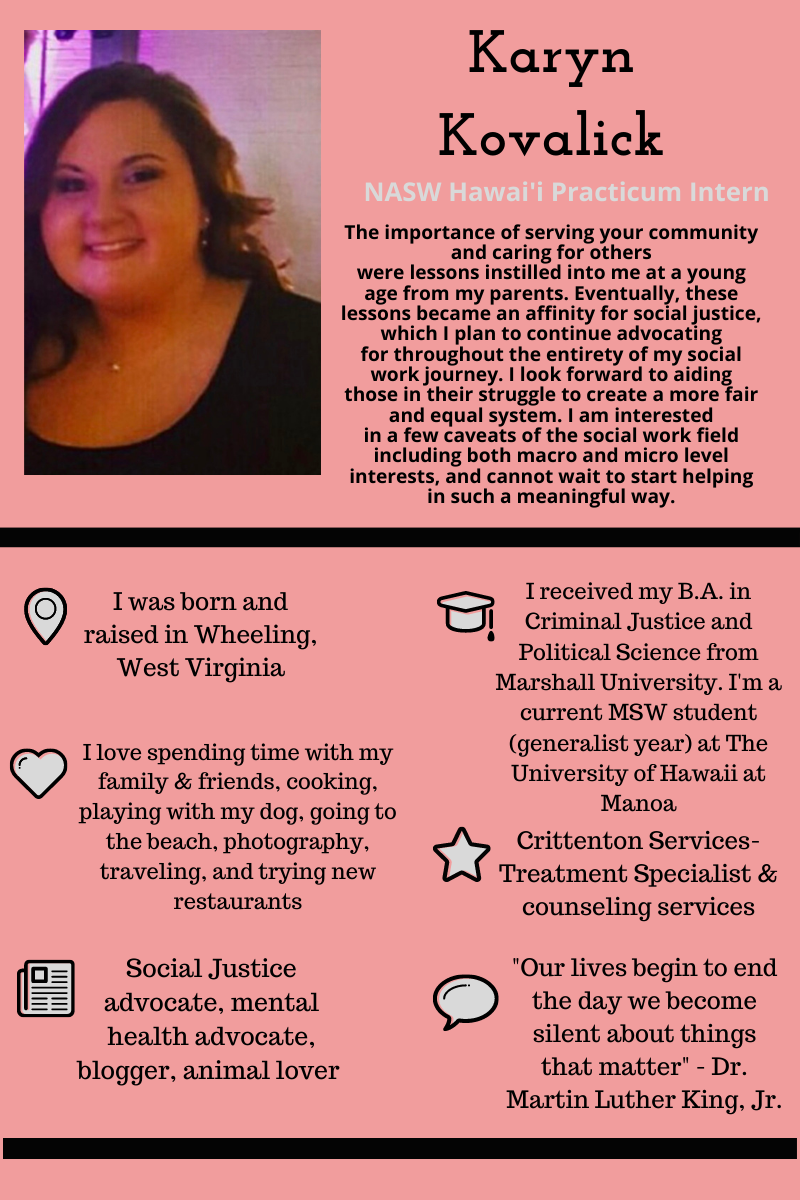|
Why humans are resilient against trauma, but find difficulty in sustaining happiness.
In anticipation of my graduation from my 2 year, full time MSW program in May, I have been reading books related to self-growth and cultivation of a peaceful state of mind. As part of my learning development in NASW, I attended a conference hosted by NAMI Hawaiʻi titled, “Radical Self Care”. At the conference, I learned how to identify burnout, how to process burnout, and what to do in order to prevent future disabling burnouts. Furthermore, I learned how happiness and reward systems might work for my thinking patterns. This enabled me to investigate which activities could be effective for positive mental health development and reduction of burnout effects. One of the books recommended by the speaker was the How of Happiness by Sonja Lyubomirsky. The book effectively discusses how the majority of people tend to depend on major moments of their life to make or break happiness levels. The book presents how events such as a promotion at work, marriage, graduation from the UH Mānoa MSW program, etc., in hindsight do not make us happier. On the other hand, a combination of three factors contribute to happiness. These factors are 50% genetically determined, 40% decision making, and 10% external factors. While genetic makeup of a happiness set point for an individual is a big piece, 40% of how happy we are is determined through daily experiences that we can control. Lyumbomirsky presents the reality that people perceive trauma as crippling and inhibiting of progress. Whereas happiness is sustainable and rewarding for a longtime. The science is that humans are resilient. This resiliency makes individuals bounce back from trauma and misfortune and continue on. However, the same resiliency causes happiness to become something that needs to be worked towards and have effort put into. Momentary happiness from superficial means and external factors will instill fleeting positive feelings, but the resilience adapts the mind and body behavior to these circumstances and they no longer become rewarding. With the knowledge instilled by Lyubomirsky, it can be seen that happiness is no simple feat; the concept is complex and still has no clear cut definition due to its subjectivity. What one can take away is that while happiness requires constant effort, it does not require huge bounds of change. Small efforts, and day to day lifestyle choices can boost happiness and place individuals in a state of awareness. This awareness can create traction and structure for constant happiness growth and maintenance. Happiness, similar to many other goals in life, takes consistent effort and dedication. As a kid, my dad would tell me that anything I wanted in life would take hard work. I took this to superficially allude to career, money, and success. In reality, even positive experiences such as relationships, fulfilling hobbies, and happiness require the same level of work. The path to happiness does not need to be grueling and boring, but it takes conscious effort. The human being is a veracious and brilliant creature. As humans we are able to continue living past all the fears, traumas, and tragedies we experience. This alone is a big celebration, but while momentary happiness is fleeting, lifelong happiness is work that we can dedicate ourselves to. What is a better commitment than finding reasons to enjoy life every single day? By: Sruthi Vijayakumar
2 Comments
|
Author2020 Spring Semester blog posts are written by Jennifer Nacapuy. 2018-2019 Academic Year blog posts are written by Sruthi Vijayakumar & Cynthia Macey. 2017-2018 blog posts were written by Holly Arroyo & Jenalyn Camagong CATEGORIES
All
ARCHIVES
September 2020
|







